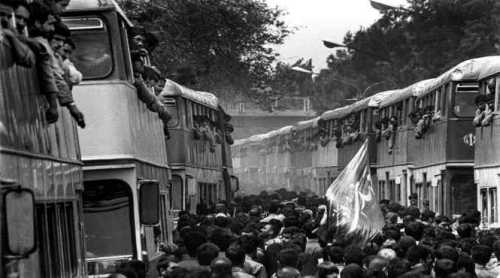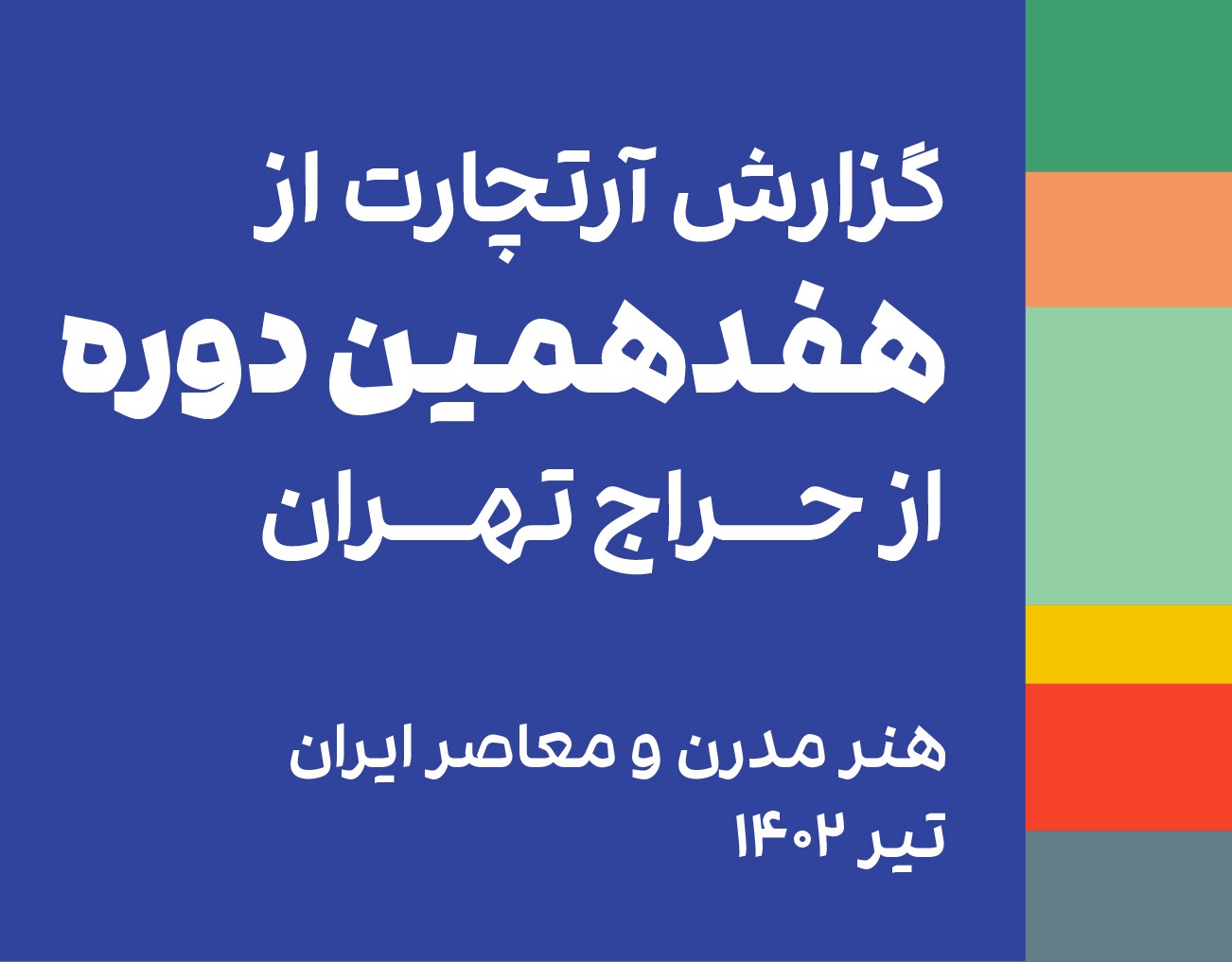About Amirali Javadian
Amir Ali Javadian, born in 1957, is a distinguished war photographer from Iran. He graduated with a degree in photography from the University of Tehran, Faculty of Fine Arts in 1989 and earned his doctorate in art in 2004.
Javadian began his professional career through the Hozeh Honari institute, joining a movement committed to art that aligned with both the revolution and the Iran-Iraq War. He worked as a photographer for the Islamic Republic News Agency and, at the start of the war, traveled to the southern fronts. This pivotal journey shaped his artistic career and established him as one of the most renowned documentary photographers in Iran. He remained on the front lines until 1986, capturing significant military operations, including the liberation of Khorramshahr and the Ramadan offensive.
After returning to Tehran in 1986, Javadian continued his education and later turned to teaching photography. He managed the photography department at Islamic Azad University and taught at both Al-Zahra University and the University of Tehran, Faculty of Fine Arts. His documentary photographs from the battlefield were displayed at international festivals and earned recognition, including the UNESCO award.
In addition to his photography career, Javadian has been involved in art management and served as a founding member of the Association of Photographers of the Revolution and Holy Defense and the National Association of Photographers of Iran. He has also contributed to art research, publishing works such as "A River, A Window, A Heart" and "Background Carpets."
The Most Expensive Artwork
At Auctions
First Attendance
1 July 2022
# Attendance
4
# Artworks
4
Average Realized Price
3,699 USD
Average Min Estimate
2,151 USD
Average Max Estimate
2,869 USD
Sell-through Rate
100%
Average Growth of Artwork Worth
43.429%
Timeline
The 24th Tehran - Contemporary Iranian Art auction
3 October
The 20th Tehran- Modern and Contemporary Iranian Art auction
5 July
After 19 exhibition
24 May
Unseen exhibition
22 September
The 17th Tehran Modern and Contemporary Iranian Art auction
18 July
Tehran- 16th- Iranian contemporary art auction
1 July
Flaneur exhibition
15 January
Life Documents exhibition
20 December
Articles
۱7th Tehran Auction Sales Report 26 July 2023
The 17th Tehran auction: modern and contemporary, was held on Friday July 21st, 2023 at Parsian Azadi Hotel. This auction achieved a total sale of 214 billion tomans equivalent to 4.3 million dollars, which was a growth of 77.8% compared to the previous period. Artchart has observed the 17th Tehran auction in the upcoming report.

